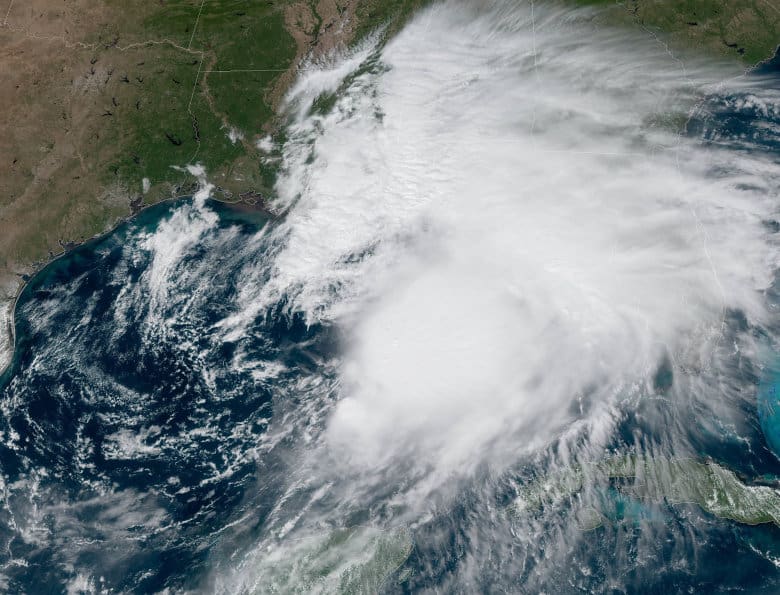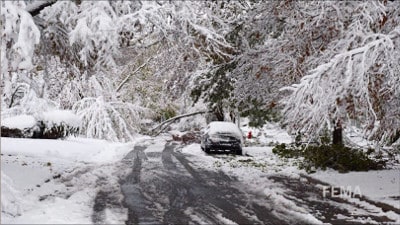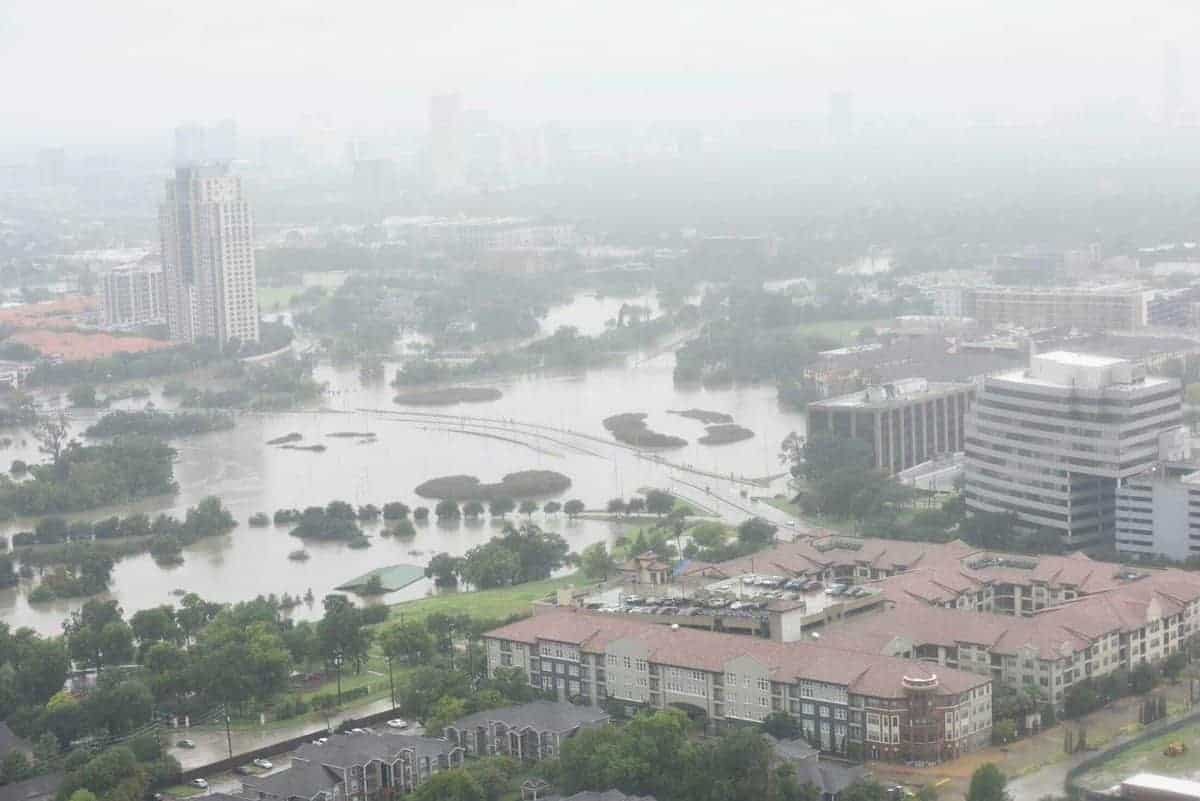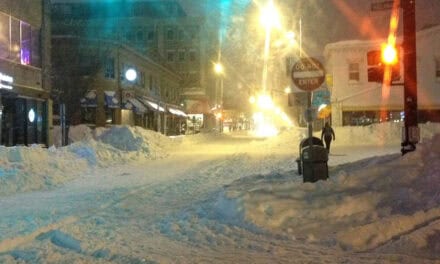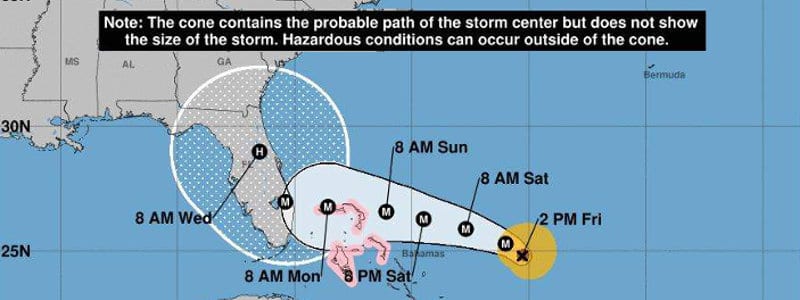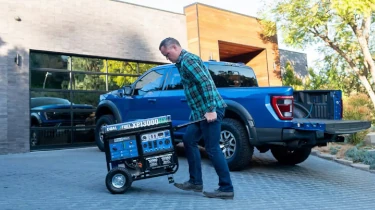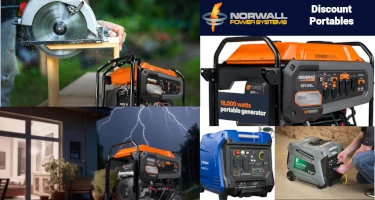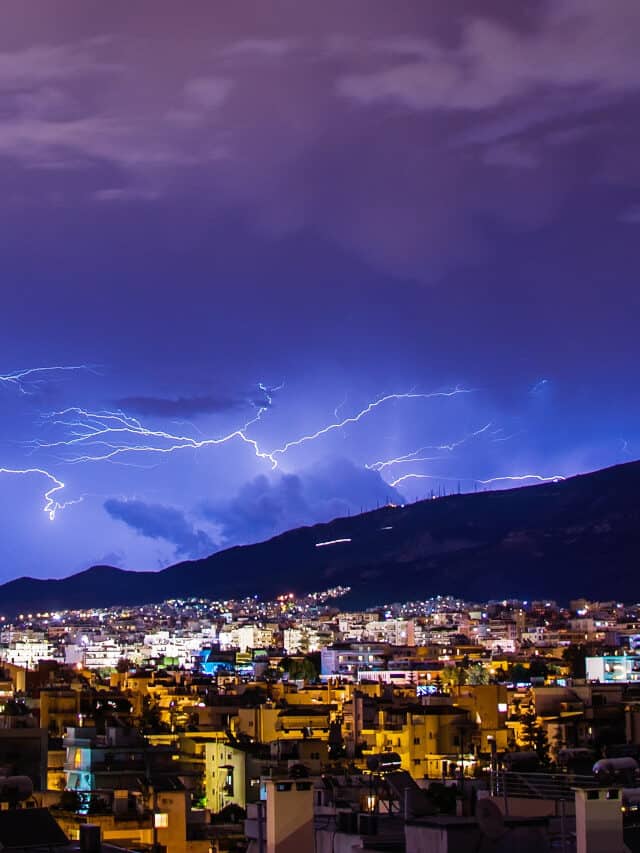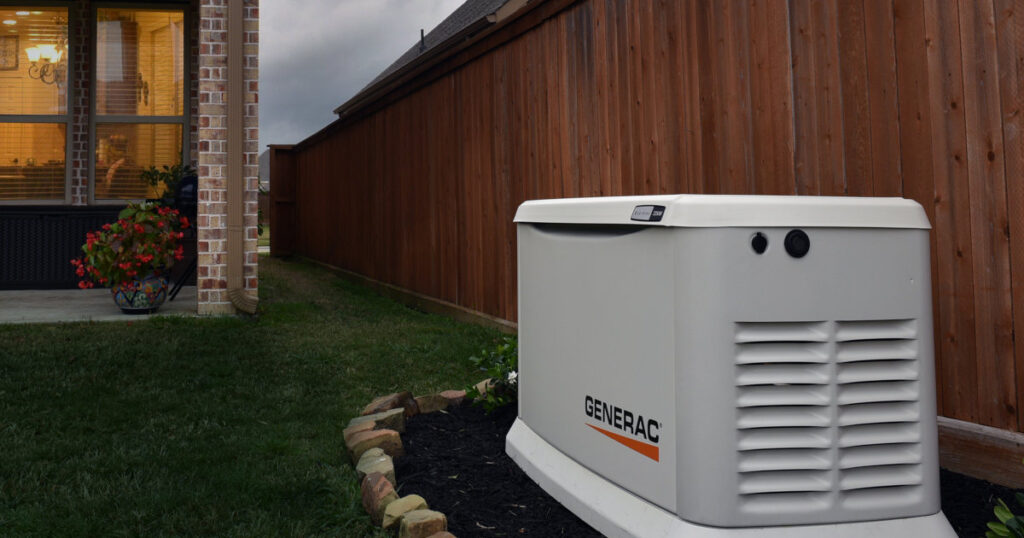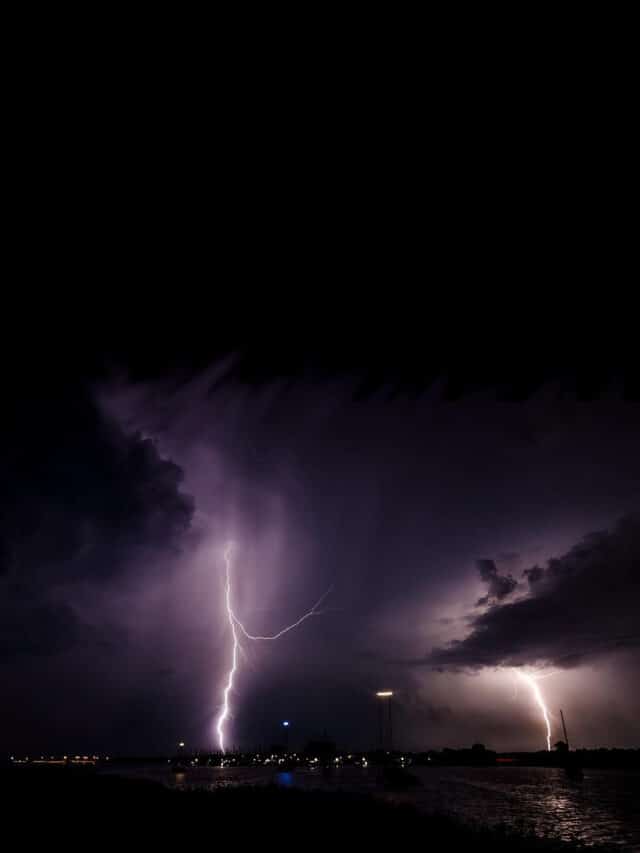Are you prepared for a hurricane? Tropical storm Ernesto has moved into the Caribbean Sea and will move quickly toward the Gulf of Mexico. By Sunday, movement will slow as the storm turns more to the northwest on its way to the gulf. As it slows, Ernesto is forecast to increase in intensity and become a hurricane sometime between Sunday morning and early Monday. When it reaches the Gulf of Mexico, it is likely the hurricane will strengthen further in the hot, humid air over the warm ocean water. The storm’s course after it reaches the Gulf is unknown and forecasting tracks vary widely, but the time to begin preparing is now.
Power Outages
Major storms including hurricanes cause considerable damage. High winds can take down utility poles, knock down trees and sever lines with airborne debris. The damage that results can take days or even weeks to repair.
If you live on the coast and a hurricane is headed your way. Pack up and leave. No amount of preparation can guarantee your safety.
Hurricanes do less damage inland, but the power outages and lack of utility services will make living uncomfortable or even dangerous. Securing your electric power with a generator is just one step to ensure your safety.
If you don’t have a generator, don’t wait to buy one. Once the power is out, you’ll have difficulty purchasing a generator and having it delivered. Demand will limit locally available choices and the chances of finding one in the size you need are slim. Norwall Power stocks both standby and portable generators to help you get through an extended power outage.
Generator Maintenance
When was the last time you performed the required preventative maintenance on your generator? Generators have specific maintenance periods and getting that done before you need the generator is vital to having it operate when you need it. If you use the generator for extended periods during an outage, it will also require maintenance for continued operation.
Norwall Power Systems has complete maintenance kits for all the generators they sell. A clean air filter makes sure the engine gets enough air, and a new oil filter maximizes the engine’s lubrication by removing damaging particles from the oil. Change the oil and filter as required and install new spark plugs to replace the worn out ones.
Check your owners manual for the maintenance interval required. On some generators, just two days of continuous operation can require a change of oil. Make sure you have the maintenance supplies needed to get you through an extended outage.
In addition, keep extra oil on hand and check the oil level frequently. It is better to keep it topped off, but not overfilled, than it is to let it run low.
Generator Fuel
Standby generators operate on either LP gas or natural gas while portable generators run on LP gas, gasoline or diesel. Check your fuel supply before the storm hits and make sure you have enough to run your generator for a week or more. Once the power is out, fuel suppliers like gas stations and LP gas resellers may have a limited ability to sell fuel and supplies may be limited. Now is the time to secure your supplies. If you have a standby generator that uses LP gas, have the tank filled ahead of time.
Remember that gasoline ages quickly. If your current supply is more than three months old, you should replace it with fresh gasoline now. Diesel is less of a problem if stored in air-tight containers, but when it is exposed to humidity it can absorb water and degrade quickly. The best practice is to keep fresh diesel and gasoline on hand in approved containers.

